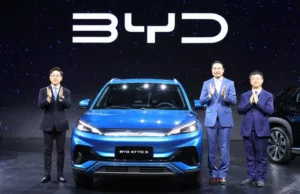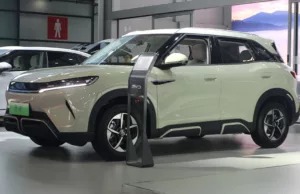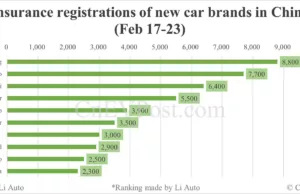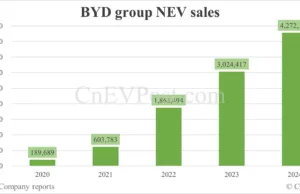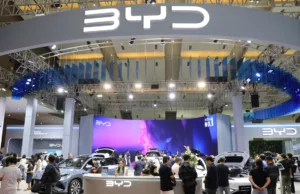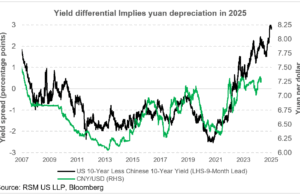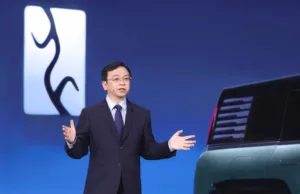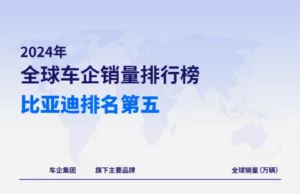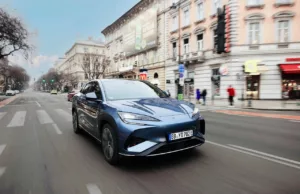Etiqueta: subsidy
BYD Korea hits snag over delayed vehicle delivery

BYD Korea has hit an unexpected snag after failing to meet the timeline for the delivery of its Atto 3 flagship electric SUV, as the vehicle did not pass an updated subsidy rule set by the local environmental authority.
BYD to launch Atto 2 compact SUV in France, starting at...

The compact SUV was presented on Tuesday at the La Défense Arena in Paris.
China EV insurance registrations for week ending Feb 23: Nio 2,500,...

Xpeng was at 8,800 units, Li Auto 7,700, Zeekr 3,500, Leapmotor 5,500 and Aito 3,900.
JPMorgan raises 2026 sales forecast for BYD to 6.5 million from...

BYD could become the "Toyota" of the global EV market, said JPMorgan.
How to build and fund a better EU green industrial policy

The EU should revamp its industrial policy for clean technologies not to cede leadership in clean tech manufacturing to China as Trump's America backtracks from decarbonisation goals.
Chinese carmakers step up global expansion
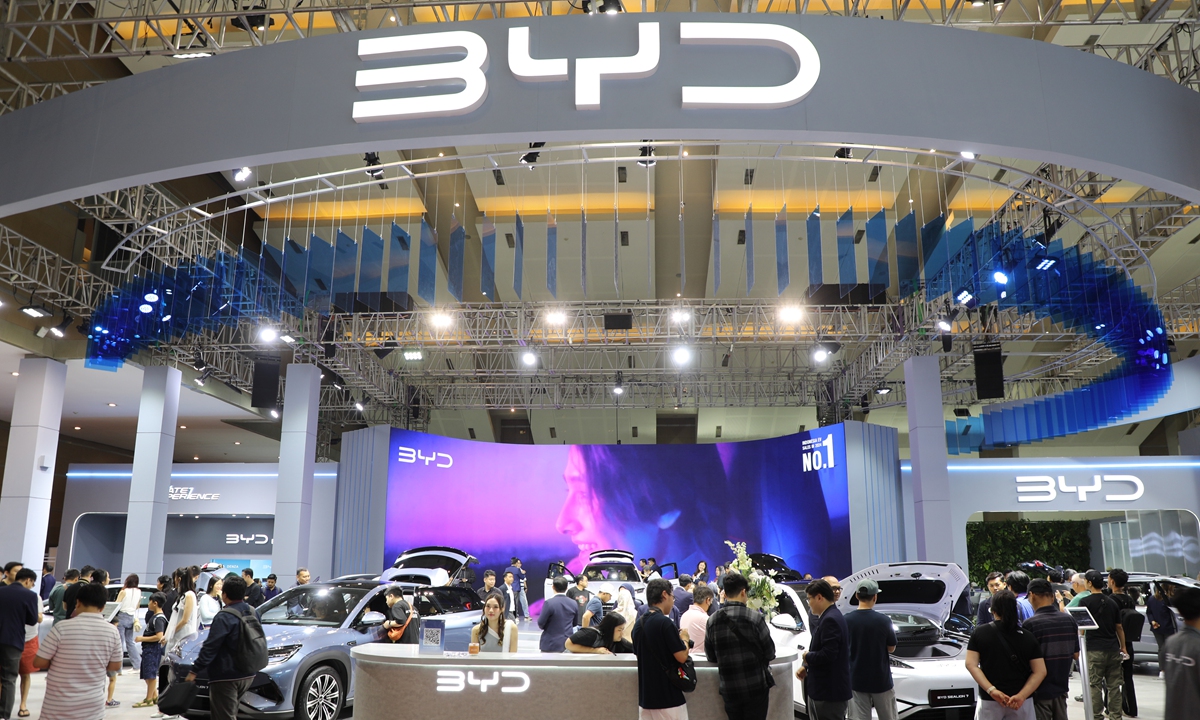
Chinese automakers are making significant strides in their global expansion, with Chinese brands attracting a multitude of attention at the Indonesia International Motor Show and some companies reporting robust sales in overseas markets.
The new mercantilism: Tariffs and currency manipulation in an era of...
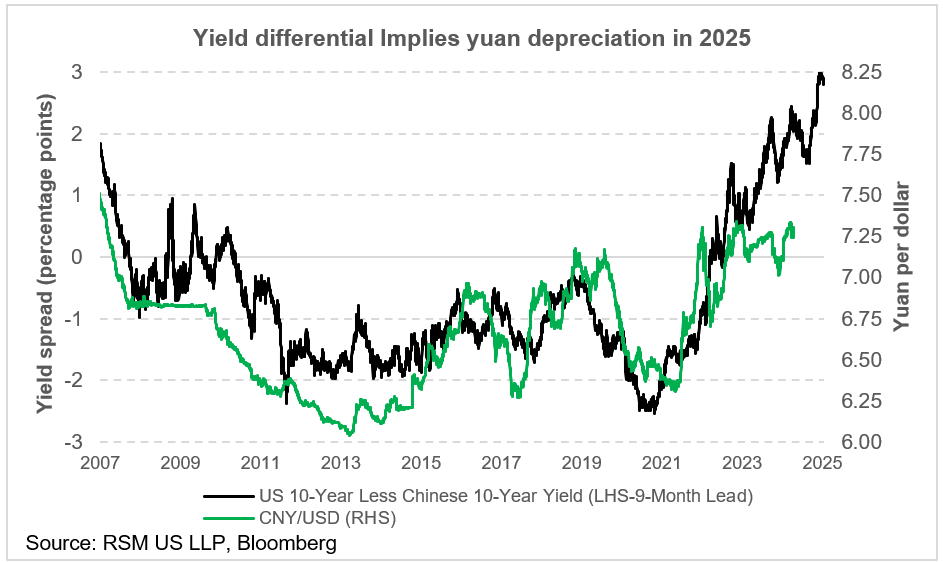
After decades of growing trade and current account imbalances in the U.S., the new administration has set out to change this equation. Now, a new mercantilism, rooted in tariffs and trade protection…
BYD to add autopilot system to lure buyers amid China’s EV...
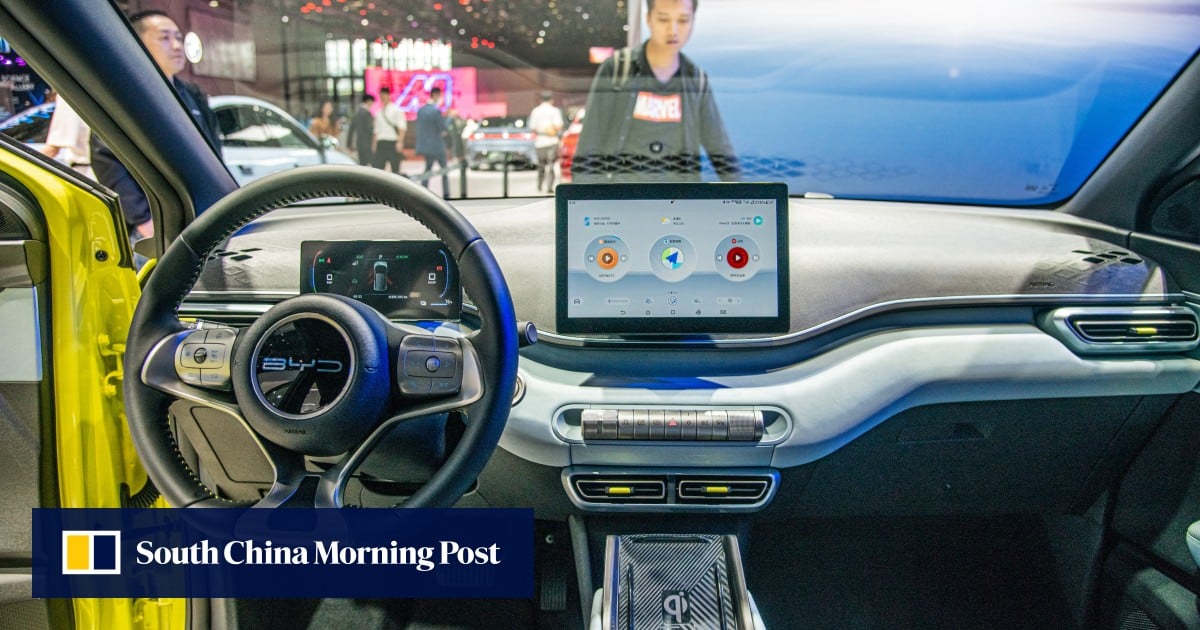
At least 21 EV models would be fitted with the system, bringing down the entry cost for EVs with autonomous driving capabilities.
BYD ranks fifth globally, Geely tenth. Has the Chinese automotive industry...

In the 2024 global automotive sales ranking, BYD ranked fifth in the world with sales of 4.27 million vehicles, while Geely Group entered the top ten with sales of 3.34 million vehicles. This marks the first time that two Chinese independent car manufacturers have entered the global top ten, demonstrating the strong growth and international competitiveness of the Chinese automotive market. With the increasing penetration of new energy and intensified market competition, it is likely that more Chinese car manufacturers will join the global top ten in the future
Gasgoo Daily: BYD Sealion 07 EV hits market in Hungary
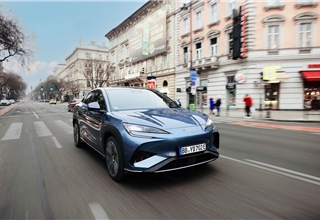
With Gasgoo Daily, we will offer daily important automotive news in China. For those we have reported, the title of the piece will include a hyperlink, which w


